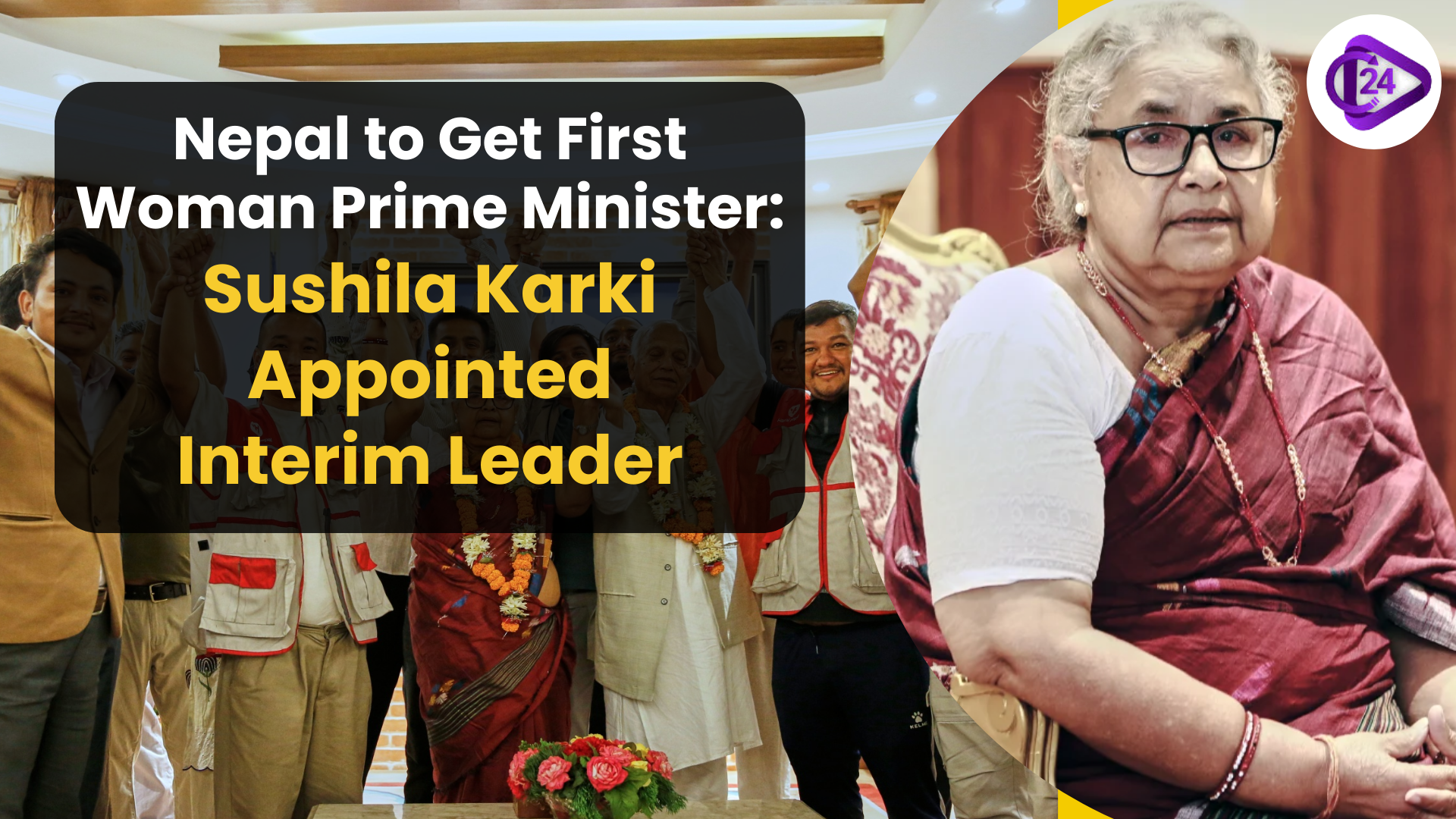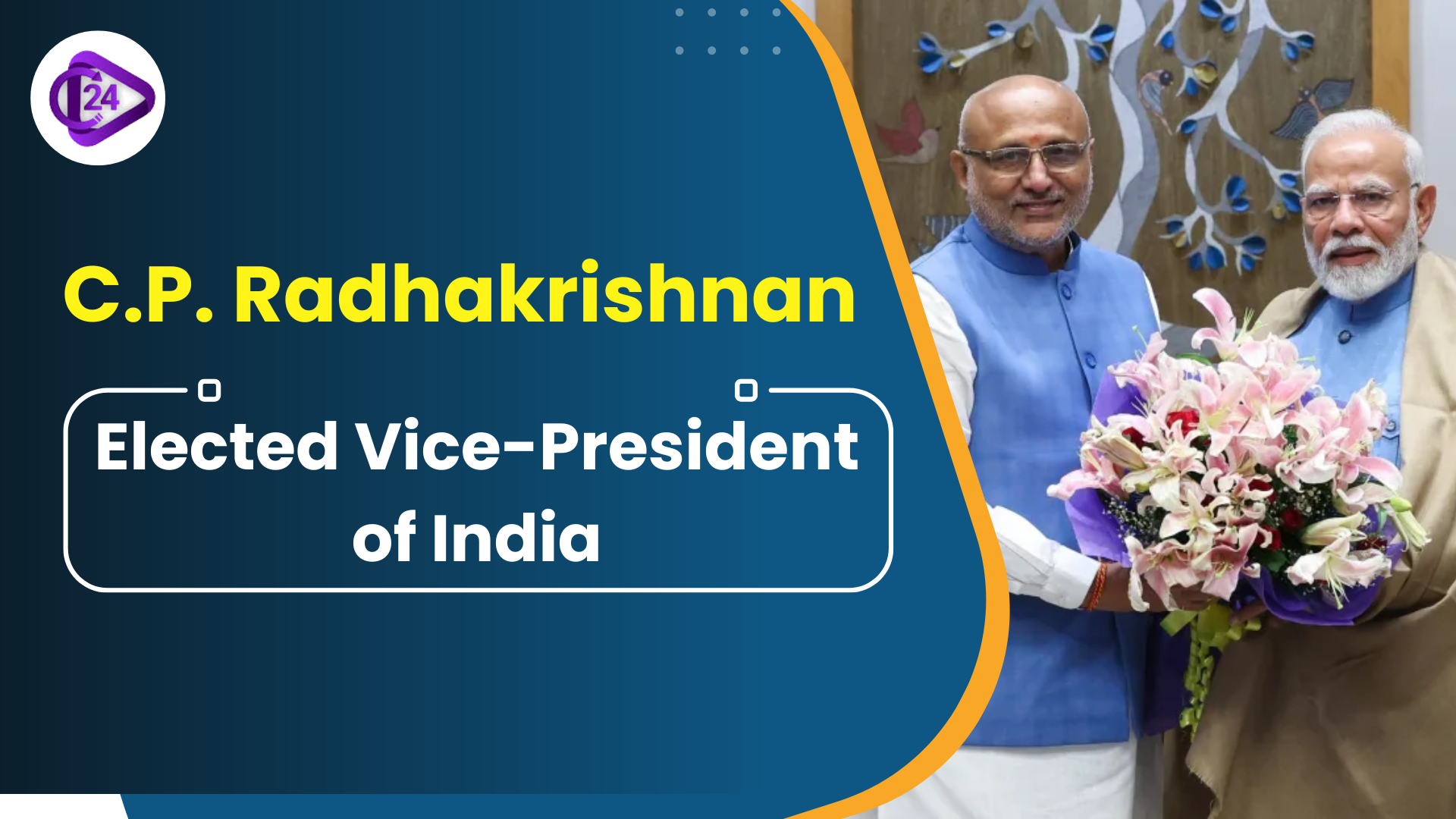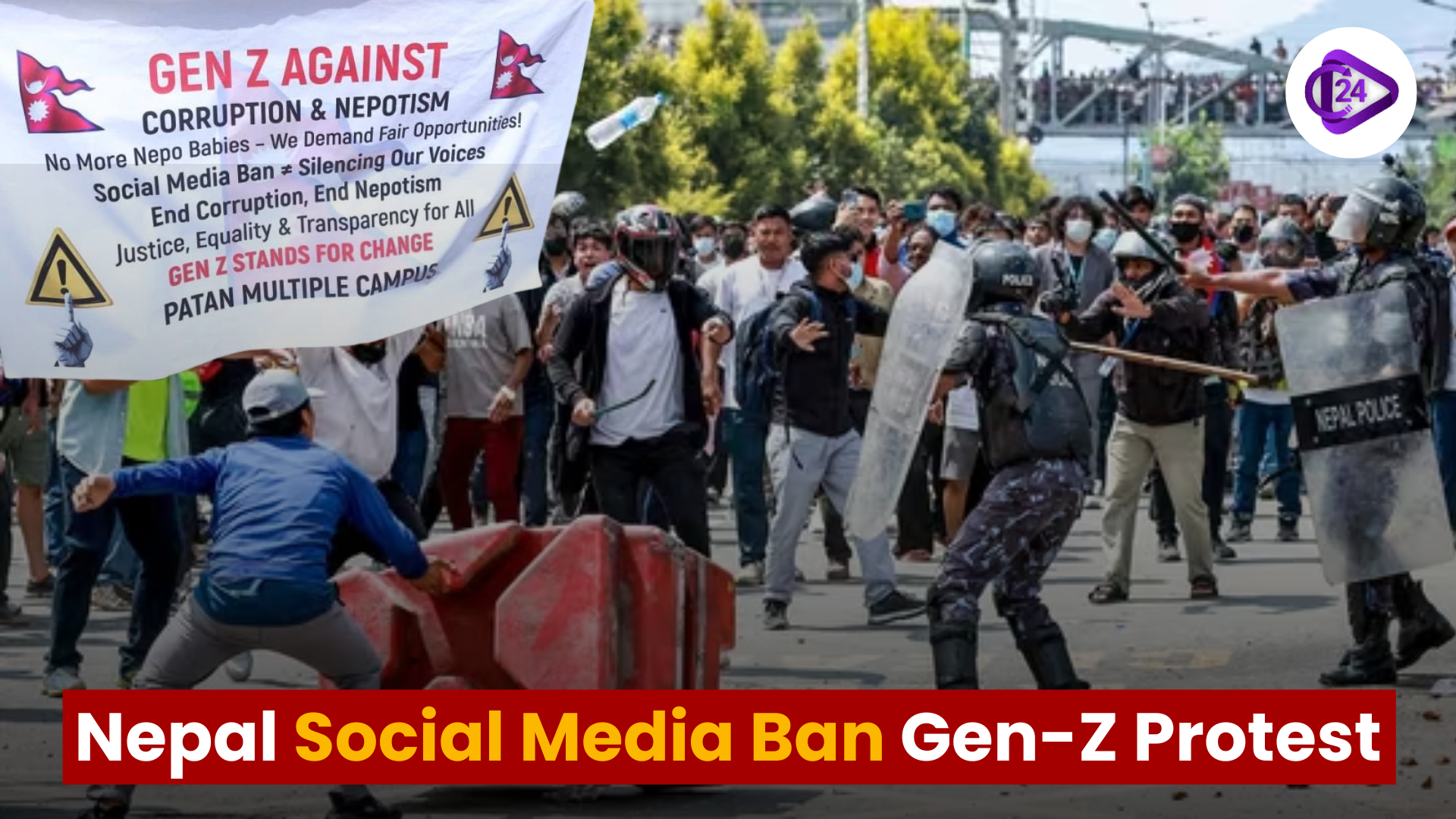Daily Quizzes
Mock Tests
No tests attempted yet.
Select Category

This has been accomplished in a historical political scenario with Sushila Karki, the first women Chief Justice in Nepal, being appointed the first woman to serve as an interim Prime Minister of the country. following an agreement between President Ran Chandra Paudel, the Nepali Army, and Gen-Z protest representatives. Her position comes after a succession of youth driven protests which pressured the former Prime Minister KP Sharma Oli to step down, heralding the emergence of a new generation Nepal politics.
Background: The Gen-Z Revolt
-
The demonstrations were significantly caused by the young Nepalis who were vexed by being marginalized by corruption and failure of governance especially by the proposed ban on the social media sites.
-
The protests turned violent and more than 30 and 1,000 plus people were wounded.
-
The elderly political leaders stepped down by masses hence creating room to the young leadership.
-
Other entrance contenders were Kathmandu Mayor Balendra Shah and former Nepal Electricity Authority head, Kulman Ghising.
-
Sushila Karki emerged as a consensus choice due to her clean image, anti-corruption record, and public credibility.
Who is Sushila Karki?
-
Date of Birth: 7 June 1952, Biratnagar, Nepal
-
Education:
-
BA, Mahendra Morang Campus, Nepal (1972)
-
MA (Political Science), Banaras Hindu University, India (1975)
-
LLB, Tribhuvan University, Nepal (1978)
-
-
Legal Career: Began in 1979; became Senior Advocate in 2007
-
Judiciary:
-
Appointed ad-hoc Supreme Court Judge in 2009, permanent judge in 2010
-
First female Chief Justice of Nepal (2016–2017)
-
Known for a zero-tolerance approach to corruption, which brought her into conflict with political elites
-
Survived impeachment attempts in 2017
-
The independence and integrity of the judiciary, made her the right person to lead Nepal at the time of political transition.
Role as Interim Prime Minister
The main duties of Karki are:
-
Stabilising Nepal in weeks of instability.
-
Holding free and fair elections in 6-12 months.
-
Re-establishing citizen confidence in the system of governance by transparency and accountability.
-
Although widely popular, she experiences weaknesses like a wide political divide, economic stagnation and weak democratic institutions.
Regional and International Significance
-
This political transition is geopolitical in Nepal because it is situated between India and China.
-
The leadership of Karki is a gender and a generational milestone; it can be hopeful that more women will be politically involved in South Asia.
-
Her educational and academic connections to India can be used as a boon to the bilateral relations between India and Nepal and cultural diplomacy.
Key Facts & Takeaways
|
Fact |
Details |
|
Name |
Sushila Karki |
|
Position |
Interim Prime Minister of Nepal (first woman PM) |
|
Sworn in |
12 September 2025 |
|
Appointed by |
Gen-Z protest leaders, Nepali Army, President Ran Chandra Paudel |
|
Predecessor |
KP Sharma Oli |
|
Main Role |
Conduct elections within 6–12 months; restore governance |
|
Background |
First woman Chief Justice of Nepal (2016–2017) |
Conclusion
The appointment of Sushila Karki as the first woman Prime Minister in Nepal is a milestone in South Asian politics, contributing to the empowerment of women, generational transformation and anti-corruption governance. In the case of UPSC, it depicts themes like gender in leadership, transition of power, youth activism, and geopolitics of the region.



 C.P. Radhakrishnan Elected Vice-President of India
C.P. Radhakrishnan Elected Vice-President of India Nepal Social Media Ban Triggers Mass Gen-Z Protests
Nepal Social Media Ban Triggers Mass Gen-Z Protests






